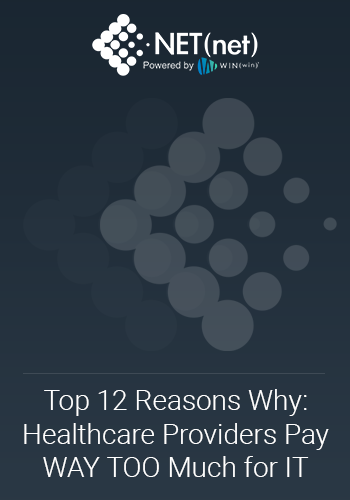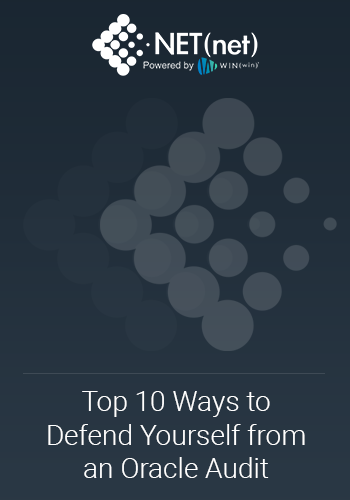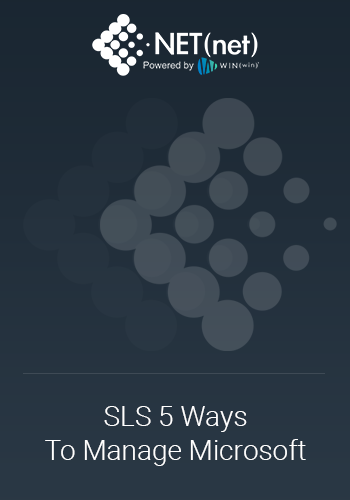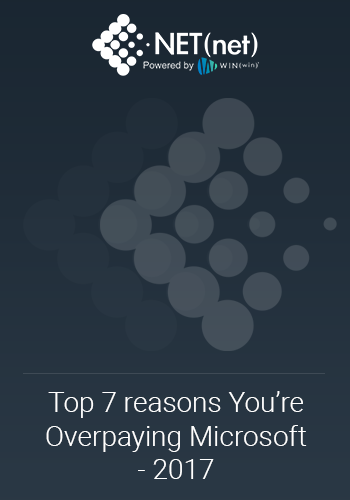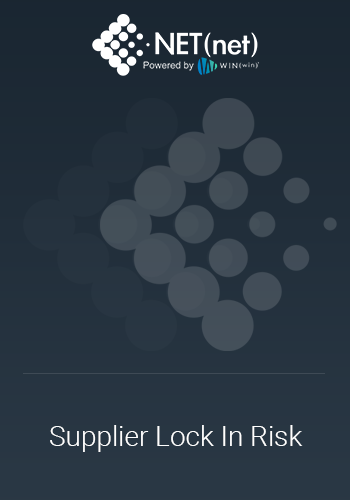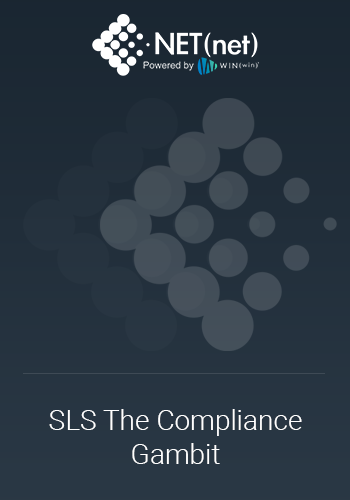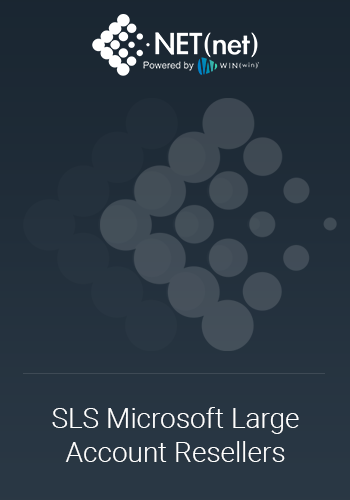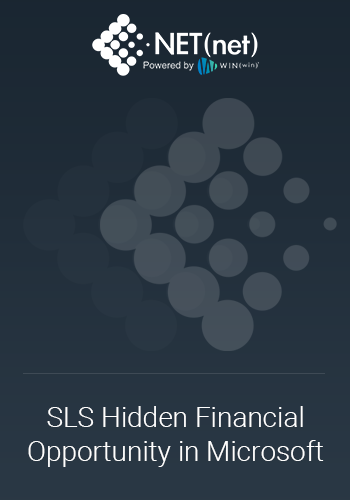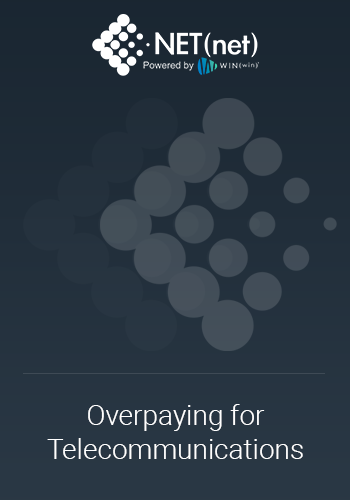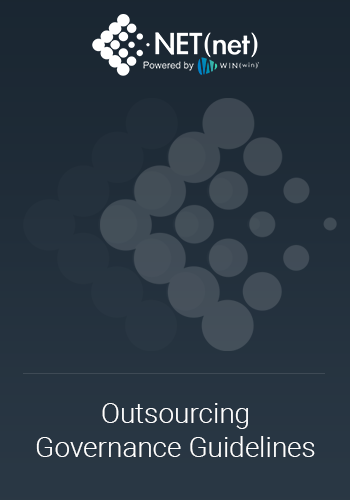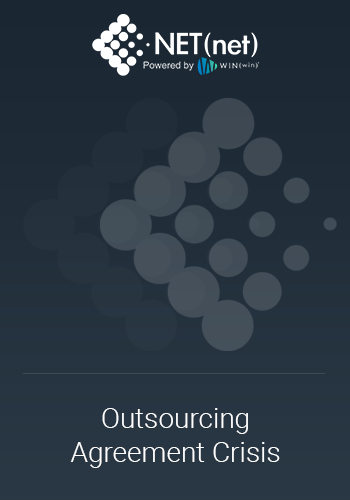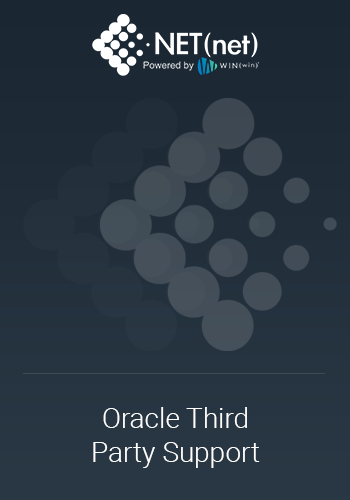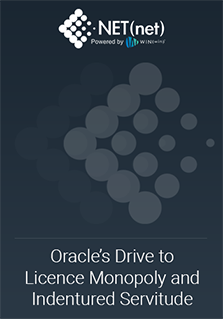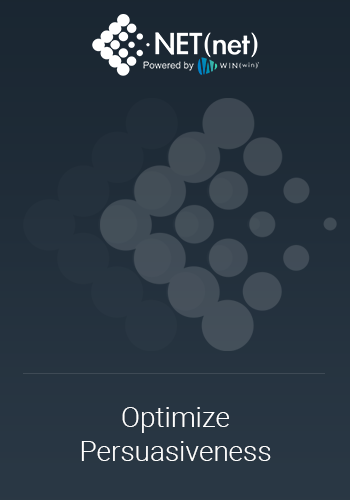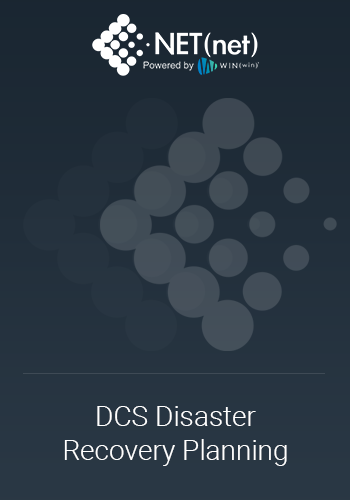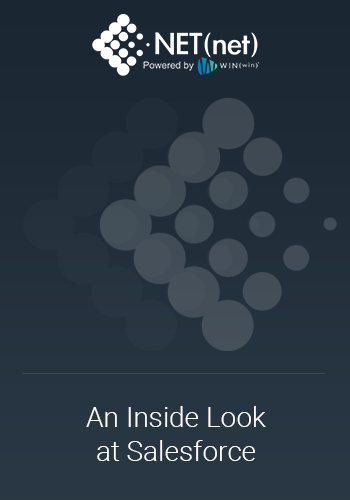Background
On May 27, 2025, Salesforce (SFDC) announced its $8 billion acquisition of Informatica, a transformative move that reshapes the enterprise technology landscape. This strategic acquisition bolsters Salesforce’s AI and data management capabilities, positioning it as a dominant player in the $150 billion-plus enterprise data market. For C-suite executives navigating complex technology investments, this deal signals both opportunities and challenges. As the world’s leading provider of cost and value optimization for the enterprise technology supply chain, NET(net) offers a deep dive into the implications of this acquisition and actionable pro tips to maximize value and mitigate risks.
Strategic Context: Why This Acquisition Matters
Salesforce’s acquisition of Informatica, a leader in data integration, governance, quality, privacy, metadata management, and Master Data Management (MDM), aligns with the growing demand for AI-ready data platforms. Informatica’s cloud-native, AI-powered tools complement Salesforce’s existing portfolio—Data Cloud, MuleSoft, and Tableau—enhancing its Agentforce platform for agentic AI. This move strengthens Salesforce’s ability to deliver a unified, secure, and scalable data architecture, critical for enterprises leveraging AI to drive customer insights, operational efficiency, and competitive differentiation. However, the deal also raises questions about integration challenges, potential overlaps with MuleSoft, regulatory scrutiny, and long-term cost implications. For C-suite leaders, understanding these dynamics is essential to making informed strategic and financial decisions in an increasingly AI-driven market.
Key Implications for Enterprise Technology Buyers
A Unified AI and Data Platform for Enterprise Transformation
What It Means: Informatica’s expertise in data integration and governance enhances Salesforce’s ability to deliver a cohesive platform for AI-driven automation. By integrating Informatica’s capabilities with Data Cloud and Agentforce, Salesforce can provide enterprises with a single source of truth for customer and operational data, enabling more accurate and trustworthy AI outcomes.
- C-Suite Impact: This unified platform accelerates digital transformation by powering use cases like personalized customer experiences, predictive analytics, and autonomous AI agents. For industries like financial services, healthcare, and retail, where data compliance and quality are paramount, this acquisition positions Salesforce as a strategic partner for AI-driven growth.
- Risks to Watch: The integration of Informatica’s tools, expected to close in early fiscal 2027, may face technical and operational hurdles. Overlaps with MuleSoft could create confusion, requiring careful evaluation of redundant capabilities.
Consolidation and Streamlined Technology Stacks
What It Means: Salesforce’s expanded portfolio reduces the need for enterprises to juggle multiple vendors for data integration, governance, and CRM. Informatica’s MDM and data cataloging tools, combined with Salesforce’s ecosystem, create a streamlined solution for managing complex data environments.
- C-Suite Impact: Consolidation can lower total cost of ownership (TCO) by reducing vendor sprawl and simplifying IT operations. For CIOs and CTOs, this offers an opportunity to optimize technology investments while enhancing data-driven decision-making.
- Risks to Watch: Vendor consolidation increases the risk of lock-in, potentially limiting flexibility and raising long-term costs. Enterprises with existing investments in competing platforms (e.g., Microsoft Azure, Oracle Cloud, or Snowflake) must assess compatibility and migration challenges.
Competitive Positioning in the AI and Data Market
What It Means: The acquisition strengthens Salesforce’s competitive stance against rivals like Microsoft, Oracle, and AWS in the AI and data management space. Informatica’s AI advancements, showcased at Informatica World, enhance Salesforce’s ability to deliver context-rich, secure, and compliant AI solutions.
- C-Suite Impact: For CEOs and Chief Digital Officers, this positions Salesforce as a go-to partner for enterprises prioritizing AI innovation. The acquisition signals a broader market trend toward integrated AI and data platforms, pushing competitors to accelerate their own strategies.
- Risks to Watch: Increased competition may drive up costs as vendors vie for market share through aggressive pricing or feature enhancements. Enterprises must stay vigilant to avoid overpaying for overlapping functionalities.
Regulatory and Financial Considerations
What It Means: The $8 billion deal, funded through cash and debt, reflects Salesforce’s return to large-scale M&A despite past activist investor pressure. Regulatory scrutiny, particularly around antitrust concerns due to overlaps with MuleSoft, could delay integration or alter the deal’s structure.
- C-Suite Impact: CFOs must anticipate potential pricing adjustments as Salesforce absorbs acquisition costs. While Salesforce projects margin improvements from fiscal 2027, short-term earnings dilution could lead to higher subscription costs or new pricing tiers.
- Risks to Watch: Regulatory delays could push back the timeline for realizing value, impacting enterprise planning. Additionally, Salesforce’s debt-financed approach may signal tighter financial controls, potentially affecting service levels or innovation pace.
Pro Tips for C-Suite Executives:
Maximizing Value and Mitigating Risks
At NET(net), we specialize in optimizing the cost and value of enterprise technology investments. Here are actionable pro tips to help C-suite leaders navigate the Salesforce-Informatica acquisition:
Conduct a Strategic Fit Assessment
Why: Ensure Salesforce’s enhanced platform aligns with your organization’s AI and data strategy.
How: Map Informatica’s capabilities (e.g., MDM, data governance) against your current technology stack to identify gaps and opportunities. Engage with Salesforce to understand how Informatica’s tools will integrate with Data Cloud, MuleSoft, and Tableau
Pro Tip: Use NET(net)’s proprietary technology supply chain assessment to quantify the value of consolidating data management within Salesforce’s ecosystem versus maintaining a multi-vendor approach. This ensures alignment with long-term business objectives.
Negotiate Favorable Contract Terms Early
Why: Salesforce may adjust pricing or introduce new subscription tiers post-acquisition, especially to offset debt financing costs.
How: Lock in multi-year contracts with clear pricing protections before integration-related cost pressures emerge. Leverage NET(net)’s negotiation expertise to secure discounts, flexible terms, and guarantees for service levels during the integration phase (expected to conclude in early 2027).
Pro Tip: Include clauses for scalability and exit strategies to mitigate risks of vendor lock-in. Benchmark pricing against competitors like Microsoft and Oracle to strengthen your negotiating position.
Plan for Phased Integration
Why: Full integration of Informatica’s tools may take time, and overlaps with MuleSoft could complicate adoption.
How: Develop a phased roadmap for adopting Salesforce’s enhanced capabilities, starting with pilot projects in high-impact areas like customer data unification or AI-driven analytics. Test integrations with existing systems to identify potential conflicts early.
Pro Tip: Partner with NET(net) to perform a pre-integration audit of your Salesforce and Informatica deployments, identifying redundancies and optimizing license usage to reduce costs.
Mitigate Vendor Lock-In Risks
Why: Consolidating with Salesforce increases dependency, potentially limiting future flexibility.
How: Maintain a multi-vendor strategy where feasible, leveraging competing platforms like Snowflake, Databricks, or Google Cloud for specific use cases. Ensure data portability by prioritizing open standards and interoperable solutions.
Pro Tip: Use NET(net)’s vendor-agnostic optimization framework to evaluate the TCO of Salesforce’s ecosystem versus alternatives, ensuring you retain leverage in future negotiations.
Monitor Regulatory and Market Developments
Why: Antitrust scrutiny or competitive responses could impact the acquisition’s timeline and outcomes.
How: Stay informed through industry updates and engage with legal and procurement teams to assess regulatory risks. Monitor competitors’ moves, such as Microsoft’s or AWS’s potential counter-acquisitions, to anticipate market shifts.
Pro Tip: Leverage NET(net)’s market intelligence services to track regulatory and competitive trends, enabling proactive adjustments to your technology strategy.
Optimize Costs Through Value Engineering
Why: The acquisition may lead to higher costs if Salesforce passes on expenses through pricing changes or upsell opportunities.
How: Conduct a value engineering exercise to align Salesforce’s expanded offerings with your business needs, eliminating unnecessary licenses or features. Use NET(net)’s cost optimization methodology to benchmark spending and identify savings opportunities.
Pro Tip: Prioritize high-ROI use cases, such as AI-driven customer insights or compliance automation, to justify investments while deferring lower-priority features until integration is complete.
The NET(net) Perspective:
Strategic Advantage Through Optimization
The Salesforce-Informatica acquisition offers C-suite executives a unique opportunity to accelerate AI and data-driven transformation while streamlining technology stacks. However, it also introduces risks like vendor lock-in, integration delays, and cost increases. By partnering with NET(net), client organizations can maximize the value of their Salesforce investments while minimizing risks. Our proven approach to cost and value optimization ensures you achieve strategic alignment, negotiate favorable terms, and maintain flexibility in a rapidly evolving market.
Call to Action
As the enterprise technology landscape shifts, now is the time to reassess your Salesforce strategy. Contact NET(net) today to schedule a comprehensive technology supply chain assessment. Our experts will help you navigate the Salesforce-Informatica acquisition, optimize your investments, and position your organization for long-term success. Visit www.netnetweb.com to learn more about how we empower C-suite leaders to capture maximum value from their technology ecosystems.
NET(net) is the world’s leading provider of cost and value optimization of the enterprise technology supply chain, helping organizations worldwide save millions while achieving strategic business objectives.
About the Author:
Steven C. Zolman is a leading expert in technology investment optimization and the founder, owner, and executive chairman of NET(net), Inc., the world's leading technology investment optimization firm. With over 30 years of industry experience, Mr. Zolman has helped client organizations of all sizes maximize the value of their technology investments by minimizing cost and risk and maximizing the realization of value and benefit.
About NET(net):
At NET(net), we don’t just talk IT cost and value optimization—we deliver it. With decades of battle-tested experience, we specialize in slicing through licensing chaos, optimizing cloud strategies, and wringing every drop of value from your technology supply chain. Whether it’s negotiating killer deals, benchmarking prices, or assessing proposals, we’re the partner you need to stay sharp, save big, and dominate in a cutthroat market. Visit www.netnetweb.com to see why we’re the go-to for enterprises and providers who refuse to settle.
Founded in 2002, NET(net) is the world’s leading IT Investment Optimization firm, helping clients find, get, and keep more economic and strategic value in their technology supply chains. Over the last 20+ years, NET(net) has influenced trillions of investment, captured hundreds of billions of value, and has helped clients cost and value optimize all major areas of IT Spend, including XaaS, Cloud, Hardware, Software, Services, Healthcare, Outsourcing, Infrastructure, and Telecommunications, among others. NET(net) has the experience you want, demonstrates the expertise that you need, and delivers the performance you demand and deserve. Contact us at info@netnetweb.com, visit us online at www.netnetweb.com, or call us at +1 (616) 546-3100 to see if we can help you capture more value in your IT investments, agreements, deployments, and relationships.
NET(net)’s Website/Blogs/Articles and other content is subject to NET(net)’s legal terms, offered for general information purposes only, and does not constitute legal advice. While NET(net) may offer views and opinions regarding the subject matter, such views and opinions are those of the content authors, are not necessarily reflective of the views of the company and are not intended to malign or disparage any other company or other individual or group.

